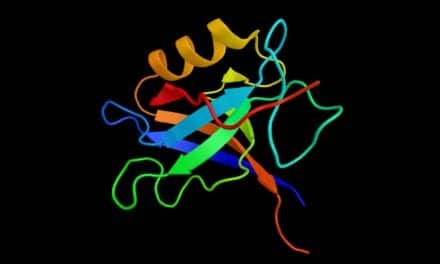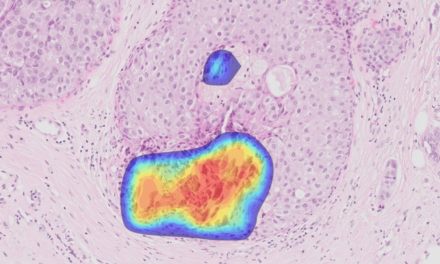Myriad Genetics Inc, Salt Lake City, a global leader in personalized medicine, has announced its support of new guidelines from the American Society of Breast Surgeons (ASBrS) recommending that all people diagnosed with breast cancer undergo genetic testing with a multigene panel.
“We applaud ASBrS for recognizing important advances in scientific knowledge, and for recommending genetic testing for all people with breast cancer,” says Johnathan Lancaster, MD, PhD, chief medical officer at Myriad Genetics. “The valuable information provided by genetic testing enhances physicians’ ability to select appropriate precision treatments, personalize care for patients and their families, and improve health outcomes.”
The new ASBrS guidelines are based on research recently published by the Targeted Medical Education (TME) breast care network.1 The study demonstrated patients who met existing National Comprehensive Cancer Network (NCCN) clinical testing criteria had similar rates of pathogenic/likely pathogenic hereditary mutations in breast cancer genes (9%), as patients who did not meet NCCN criteria (8%).
“I am excited by our new ASBrS guidelines and look forward to the day when NCCN updates its guidelines also,” says Walton Taylor, MD, president of ASBrS. “The exciting new data demonstrated that about half of patients with breast cancer have clinically actionable mutations that are being missed when genetic testing is restricted to patients meeting current NCCN guidelines.”
In his letter to the membership, Taylor also cautioned that, “as genetic testing expands, it is important to choose the lab carefully, making sure they provide quality testing with accurate results and appropriate follow-up.”
Myriad’s myRisk hereditary cancer test is a leading test for patients trying to understand their hereditary cancer risk. According to the American Cancer Society, 330,000 people are diagnosed with breast cancer annually in the United States, and an estimated 10% of those cases are caused by inherited mutations. The Myriad myRisk hereditary cancer test uses an extensive number of sophisticated technologies and proprietary algorithms to evaluate 29 clinically significant genes associated with eight hereditary cancer sites, including breast, colon, endometrial, gastric, ovarian, pancreatic, and prostate cancers, and melanoma.
“Knowledge is power, and the new ASBrS guidelines send a strong message to the breast cancer community that genetic testing is appropriate for everyone diagnosed with breast cancer,” says Stacey Tinianov, breast cancer survivor and community engagement and advocacy consultant in Santa Clara, Calif. “I am optimistic NCCN will consider the evidence and update its breast cancer guidelines to ensure appropriate genetic testing becomes the standard of care and is made broadly accessible.”
For further information, visit Myriad Genetics.
Reference
- Beitsch PD, Whitworth PW, Hughes K, et al. Underdiagnosis of hereditary breast cancer: are genetic testing guidelines a tool or an obstacle? J Clin Oncol. 2019;37(6):453–460; doi: 10.1200/jco.18.01631.





